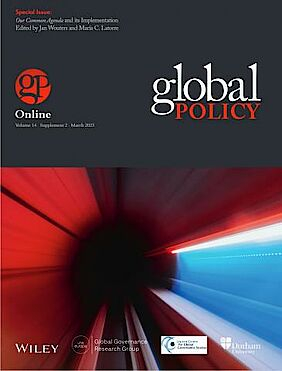Climate change, attributable to human activity, is increasingly contributing to a global health crisis. The scale, nature and timing of adverse effects on physical and mental health, via direct and indirect pathways, vary within and between regions but there are common challenges that can be tackled by better integrated mitigation and adaptation actions. The actions described in this paper would have benefits for health if appropriately implemented, both by reducing the health risks of climate change and from the ancillary (co-)benefits of mitigation such as from reduced air pollution as a result of phasing out fossil fuels.
This paper draws on an inter-regional, inclusive, project by the InterAcademy Partnership, to summarise evidence available worldwide in order to help inform options for policy making. A particular focus is on clarifying climate change mitigation and adaptation solutions and their implementation for the benefit of the most vulnerable groups. The present authors actively participated in managing this project which encouraged academies to capture diverse impacts and policy options by evaluating and synthesising evidence from their own countries to inform policy for collective and customised action at national, regional and global levels. Using a systems-based approach, recommendations from the project in this publication are transdisciplinary and multisectoral. Despite the accumulating evidence, protecting and improving human health have not yet become major focal points in global climate change policy discussions. Drawing on the IAP project outputs, we strongly recommend that health and health equity must now come to the foreground, accompanied by much greater allocation of climate finance to health-related programmes.
Read the full article from Robin Fears, Claudia Canales-Holzeis, Deoraj Caussy, Sherilee L.Harper, Victor Chee Wai Hoe, Jeremy N.McNeil, Johanna Mogwitz, Volker ter Meulen and Andy Haines.
The article is also available for reading and download on EASAC website.


